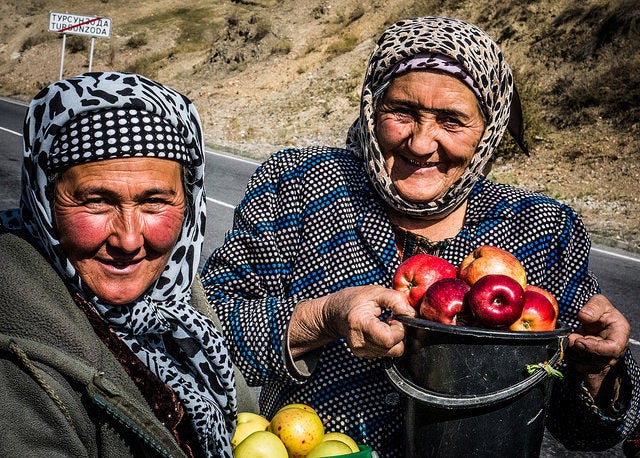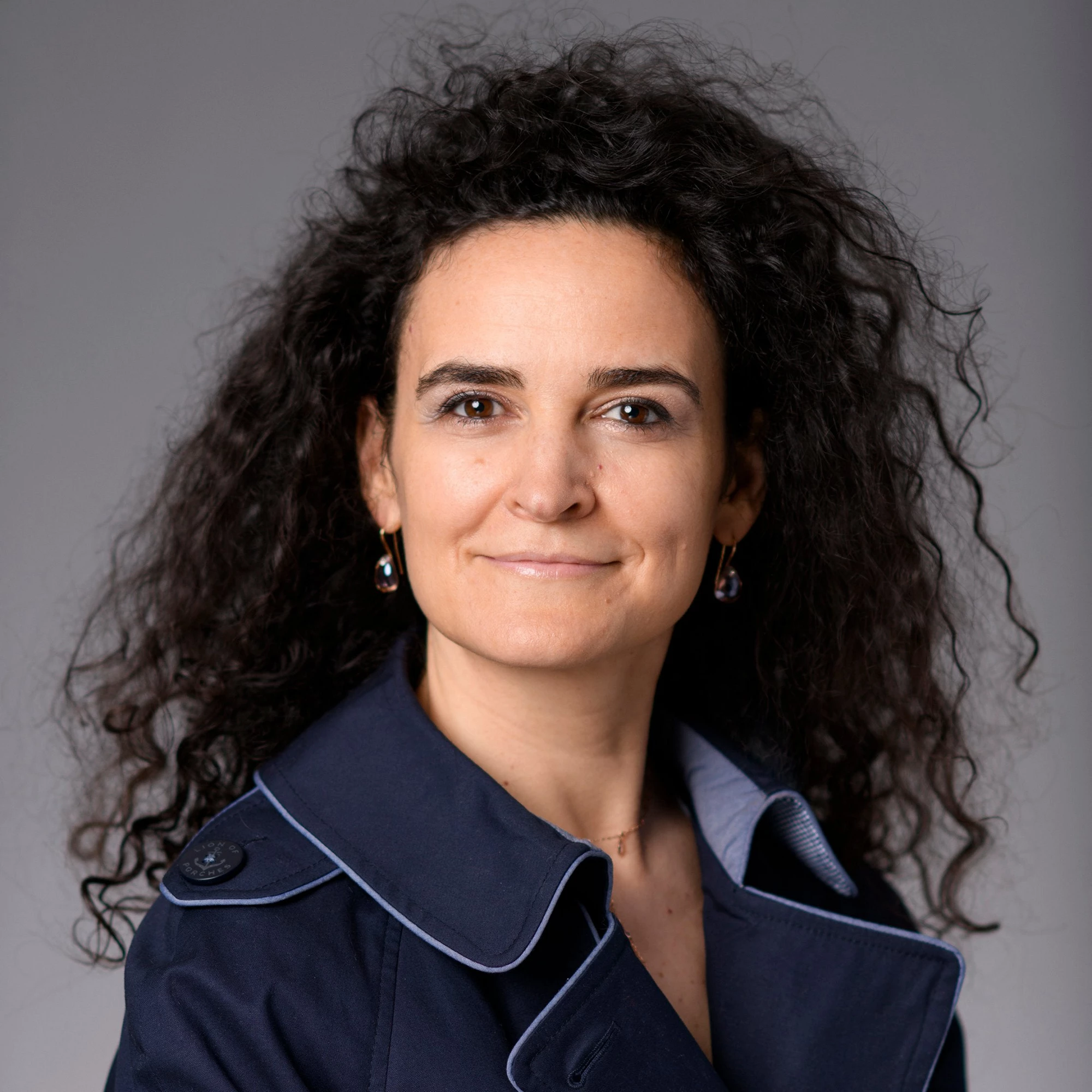
In the arid farming lands of the Pyanj River Basin of Tajikistan, women and children spend much of their days searching for water, food and fuel. But higher temperatures, lower rainfall and less snow up in the mountain glaciers have made their job difficult, if not impossible.
Climate change in this critical ecosystem, is threatening to reduce crops by 30% at the end of this century, endangering food security and pushing more women and children into poverty.
The women of the Pyanj River basin, dependent on natural resources for their livelihood, needed help. The Climate Investment Funds, through our Pilot Program for Climate Resilience, is putting an emphasis on good practices in gender mainstreaming, and so we engaged the women of the Pyanj River basin directly.
Working with multiple stakeholders in climate resilience planning, our project helped women to get involved in local water user associations, to ensure their agricultural and non-agricultural water needs were met at the village level.
The water user associations had target numbers for women's membership and also trained women on improved agriculture practices. Drinking water consumer groups were established to ensure performance of the water supply facilities -- 30% women. And one third of all micro financing sub-loans to promote climate resilience agriculture and economic diversification must go to women or an enterprise with minimum 50% ownership by women.
Our project is benefiting 100,000 people. We are reaching 35,000 rural households. We are improving the water storage infrastructure and irrigation systems.
And the women of the Pyanj River basin are now spending 75% less time collecting water.
Our success in Tajikistan shows that enhancing attention to gender in climate investing can make a difference. A big one. And there is more to come.
In the bustling capitol of Vietnam, Ho Chi Minh City, folks are anxiously awaiting the opening of a new mass transit line and when it does, the women will find it most welcoming.
The CIF supported Sustainable Urban Transport for Ho Chi Minh City Mass Rapid Transit Line, will include a range of gender-responsive design features to increase women’s access to transport services.
State of the art stations will feature dedicated waiting spaces on platforms for women; shop spaces for female-owned businesses; women-only carriages with child seating; secure street lighting and security cameras at stations.
A marketing campaign will speak directly to women as metro users.
20% of the construction jobs and 30% of station jobs are going to be allocated for women.
And finally, in Maldives, the Preparing Outer Islands for Sustainable Energy Development Program has outlined a goal that at least 25% of the energy staff trained in the program be female.
The project features a gender-inclusive community outreach program that targets women’s development committees at the local level, as well as women consumers in the outer islands, in order to improve household level demand-side management for renewable energy.
In addition, women-owned micro and small enterprises will be able to apply for reduced rate tariffs on energy.
The CIF is helping foster gender-responsive approaches across our portfolio through technical support, knowledge generation and program learning.
As part of the knowledge input to global climate discussions in the run-up to COP21 in Paris in December 2015, the CIF presented at the United Nations Expert Group meeting in Bonn, Germany on gender and climate, organized by UNWomen, the UNFCCC and UNDESA.
The CIF shared examples like the ones above, as well as results and lessons learned from implementing the CIF Gender Action plan.
The early results are encouraging: 60% of new projects are undertaking sector-specific gender analysis at the design stage. 67% of new projects have specific activities targeting women. And 40% of new projects have gender-disaggregated indicators in their results frameworks.
Our areas of focus for 2016 include scaling up gender technical support, creating new tools for climate teams, an analytical study on gender and renewable energy, strengthening gender responsive monitoring and evaluation and conducting region specific learning events.


Join the Conversation